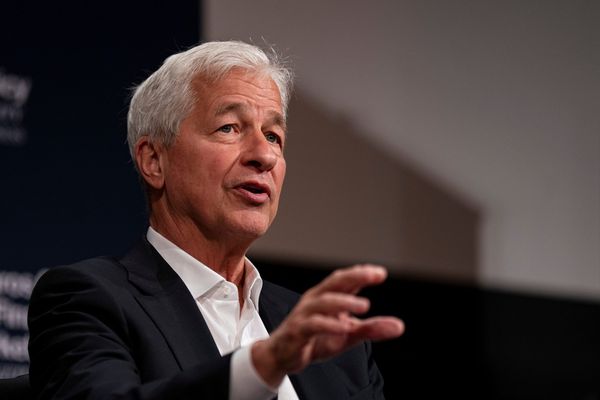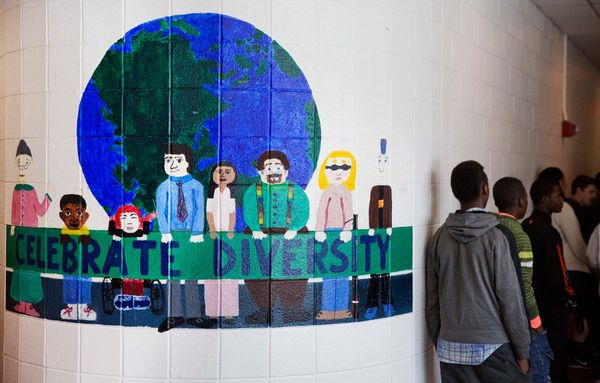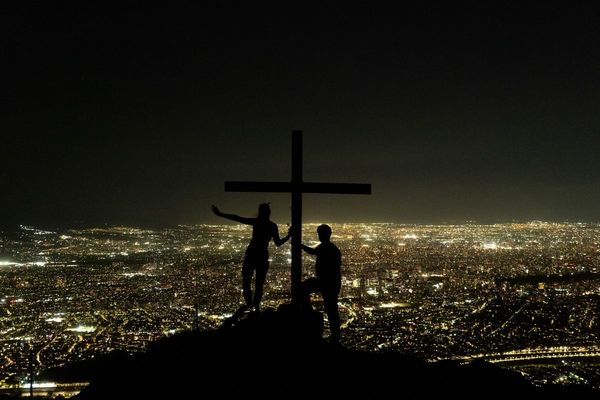If a word is around long enough, it has a tendency to change meaning over time. Take the word “scrambler,” for instance. In recent times, factory-made scramblers often spend most (if not all) their time on the street, rather than doing a lot of off-road exploring. Although they may not ever have been hard-core off-road bikes, the concept started life as a type of dual sport machine rather than a type of styling shorthand.
Just like people, though, language changes—and words can and do shift meaning. That’s why it’s kind of fun to see something like Brick House Builds’ 1982 Honda CX500 Custom timelapse video. It’s about an hour long, but it compresses double-digit hours of both video and wrenching into a single, cohesive story. From a literal pile of parts to a completed build that BHB’s BJ takes out for a test ride at the end, viewers get to experience the entire journey from start to finish.
The base bike is a 1982 Honda CX500, which BJ wants to turn into a Backcountry Discovery Route-capable scrambler—not just a street bike with scrambler style. A fork swap is in order, along with modification of some Gold Wing wheels to fit the new fork. A hub swap and spacer fabrication later, and the whole thing comes together nicely.
While the engine gets a rebuild, he keeps it mostly stock—though he does swap in a fan sourced from a ‘90s Yamaha R1. That requires fabrication of a bracket to make it fit correctly, but no worries there, as he has both the skills and the tools to make it work.
Other modifications include a new headlight bracket, gauge bracket, electronics tray, seat pan, and fabricating a bracket to fit the fender to the new fork. He also carefully crafts a rear rack and a mount for a Rotopax fuel can. There’s also a tool tube he adds on the opposite side of the saddle from where the fuel can mounts, which is large enough to fit long wrenches and tire irons. A build like this wouldn’t be complete without a custom skid plate—so we get to see him patiently put one of those together to fit this bike, too.
After test-fitting to make sure everything works as planned, and then sending the applicable parts out for powder-coating, it’s time to assemble the finished bike. Fork lowers, tool tube, brackets, and skid plate are back in black—and the finished result looks both capable and elegant. The exhaust is also a high point—both in shape and in sound.
The test ride at the end shows off the strengths of this build—well, at least, as much as we can see looking at a video of a bike instead of riding a bike. What do you think?







